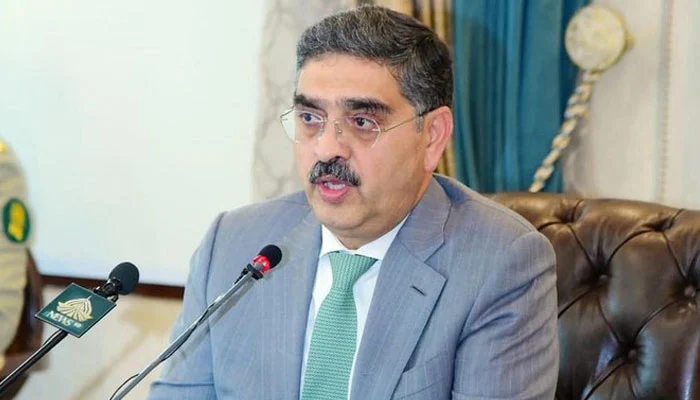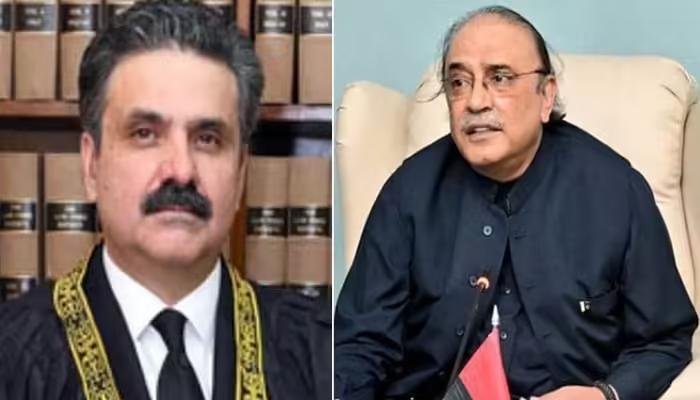In a recent development, Pakistani Prime Minister Anwar-ul-Haq Kakar has made a significant statement regarding the Tehreek-e-Taliban Pakistan (TTP) and domestic politics. Kakar asserted that when negotiations were initiated two years ago, TTP representatives actively participated in talks in Kabul. He now puts the decision in the hands of the Afghan Taliban, questioning whether they should accommodate TTP members or take action against them, given their knowledge of the group’s activities.
Addressing the territorial claims of TTP, Kakar emphasized that the TTP is not present in Central Asian states but rather on Afghan soil. He expressed discontent at the prospect of anti-Pakistan activities being orchestrated from Afghan territory and urged the Afghan Taliban to intervene.
Responding to allegations against Chairman of the Pakistan Tehreek-e-Insaf (PTI), Imran Khan, of poisoning him in jail, Kakar deemed such accusations baseless and emphasized that neither the present government nor the Shahi Farman (royal decree) has the authority to arrest or release Imran Khan. Kakar assured that Imran Khan is secure in jail and the responsibility lies with the PTI.
On the issue of leveling accusations against Imran Khan, Kakar dismissed any vindictive intentions, stating that no malicious actions against the PTI leader are planned. He highlighted that the People’s Party does not take accusations of level playing field seriously.
Addressing the level playing field allegations, Kakar described them as a propaganda campaign to make voters aware. He acknowledged that all parties continue their political activities while the PTI leader, Imran Khan, faces allegations of poisoning.
Discussing the political landscape, Kakar encouraged early elections, stating that the preference is for the public to exercise their mandate and bring in an elected government. He asserted that they are not biased towards any party and maintained a neutral stance.
Regarding the recent military court decisions and appeals, Kakar stressed their right to challenge decisions they believe are not in accordance with the constitution and law. He defended the appeal process, asserting that military establishments should face legal proceedings in the event of an attack, as they also become targets due to accusations.
On the declaration of the Afghan government as illegal, Kakar clarified that his intention was not to label it illegal in a legal sense but to emphasize that the current government has not been globally recognized. He urged for the acknowledgment of an Afghan government acceptable to the international community.
In the context of serious negotiations, Kakar emphasized the necessity of laying down arms without conditions. He criticized the authorization of taking up arms as illegal and stated that the policy on repatriating illegal residents is yet to be defined.
As tensions escalate, Kakar’s statements shed light on the complex interplay between Pakistan’s relations with the TTP, internal political dynamics, and the ongoing challenges in the region.



